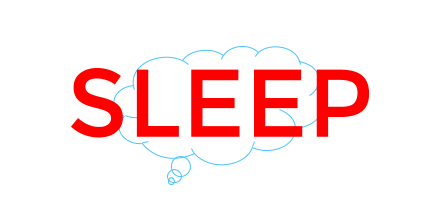Could the key to your best life be… napping?
Good news for all of the college students out there who think the best answer to the question, “What’s your major?” is “napping.” Napping is one of the most beneficial tools for a productive day – if used correctly, that is.
Naps can be the answer to improving memory, lowering heart disease, lowering blood pressure and ensuring a better psychological well-being for those who participate, according to an article in the New York Times entitled, “Feeling Sleepy? An Urge to Nap is Built In.” The article describes scientists’ interest and research and napping since the 1800’s. When taken at appropriate length, during the right time of day and under the right conditions, naps are the secret weapon to success.
Start with determining your length of the nap. For better focus and increased productivity, take a 10-minute snooze. Slumbering for 20-30 minutes, though, will improve motor skills and make you more alert. Short-term memory and learning ability can be improved by an hour of naptime, and longer than that will improve creativity. The best length for a nap, according to NASA, 26 minutes.
It’s hard to schedule a nap at a designated time when you’re rushing in between internships, classes, extracurriculars and jobs, but if possible, take your nap during one of your body’s “sleepy periods.” For most people, this is between 1pm and 3pm, depending on your tendency to stay up late and sleep in, or if you’re more into the “early to bed, early to rise” philosophy.
We’ve all heard the age-old question, “Are you a morning person, or a night person?” The answer to this question will actually affect the ideal time of day that your nap should occur. Those that wake up around 6 a.m. and crash before 10 p.m. should sway towards the 1 p.m. hour of the perfect napping window. Night owls that stay up until midnight or later, and don’t wake up before 8 a.m., should nap around 3 p.m.
The best way to fall asleep quickly is to sleep under the right conditions. It can be hard to boost your productivity by taking a 10-minute nap when it takes you 30 minutes just to get to sleep. Make sure temperatures are optimal, set an alarm, block out as much noise and light as possible and prepare for a successful sleeping venture.
Now that you’re basically a napping professional, you can sleep during the day without worrying about the post-nap grog or never sleeping at night. As long as you don’t nap for more than 30 minutes, that is.
And for those of us that just simply can’t wake from a nap or just need an extra boost, we can always fall back on, my personal favorite, the ‘coffee nap’. The caffeine from a cup of joe kicks in 20-30 minutes after it’s consumed, leaving the perfect amount of time to nap in between. When you wake, you’ll be caffeinated and ready to continue the day.
So when you’re visiting with family this summer and they ask you if you learned a lot this semester, there will be some truth to your witty reply: “I majored in napping.”

